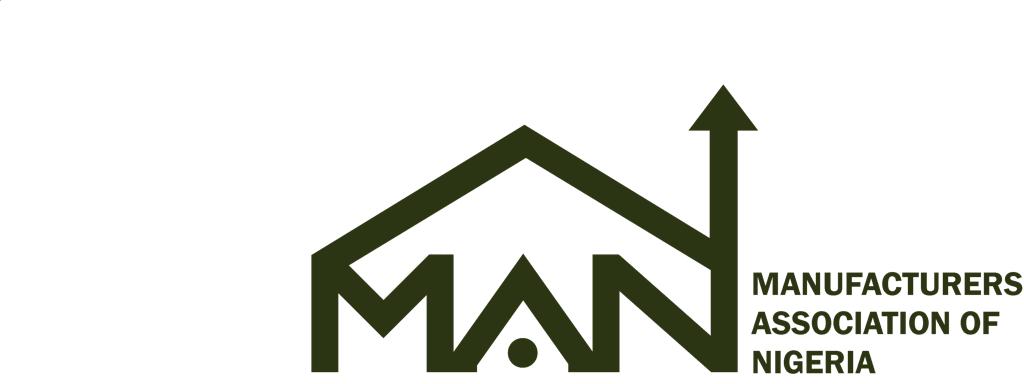TThe Manufacturers Association of Nigeria has warned that the recent floating of the naira, which has led to its devaluation, would increase raw materials import costs and reduce import flows.
The association stated this in a position document signed by its Director-General, Segun Ajayi-Kadir and made available to The PUNCH.
It also noted that floatation could lead to exchange rate volatility and difficulty predicting future exchange rate movements, which would make planning challenging.
Despite these challenges, MAN expressed optimism that floating the naira remained an important step towards resolving the crisis rocking Nigeria’s forex market, especially given the fact that the official exchange rate was almost at par with the market-determined rate.
According to the association, the policy will increase market efficiency and help return investors’ confidence in the economy.
“Given a floating system, we are optimistic that the official and parallel market rates will eventually converge and will create headroom for investors to seamlessly have access to forex at a competitive rate.”
Beyond forex-associated challenges, MAN noted that erratic power supply and the high cost of alternative energy sources were seriously draining the sector.
“For example, the price of diesel persistently remains high, raising operational costs for manufacturers. Low patronage of made-in-Nigeria products and inconsistent government policies are also problematic for manufacturers.
“Also, poor infrastructure, multiple taxes, high logistics costs, and high cost of borrowing are not helping the situation. MAN is anxious to see the new administration effectively addressing these challenges in order to make the operating environment more conducive for the sector to be competitive,” it said.





